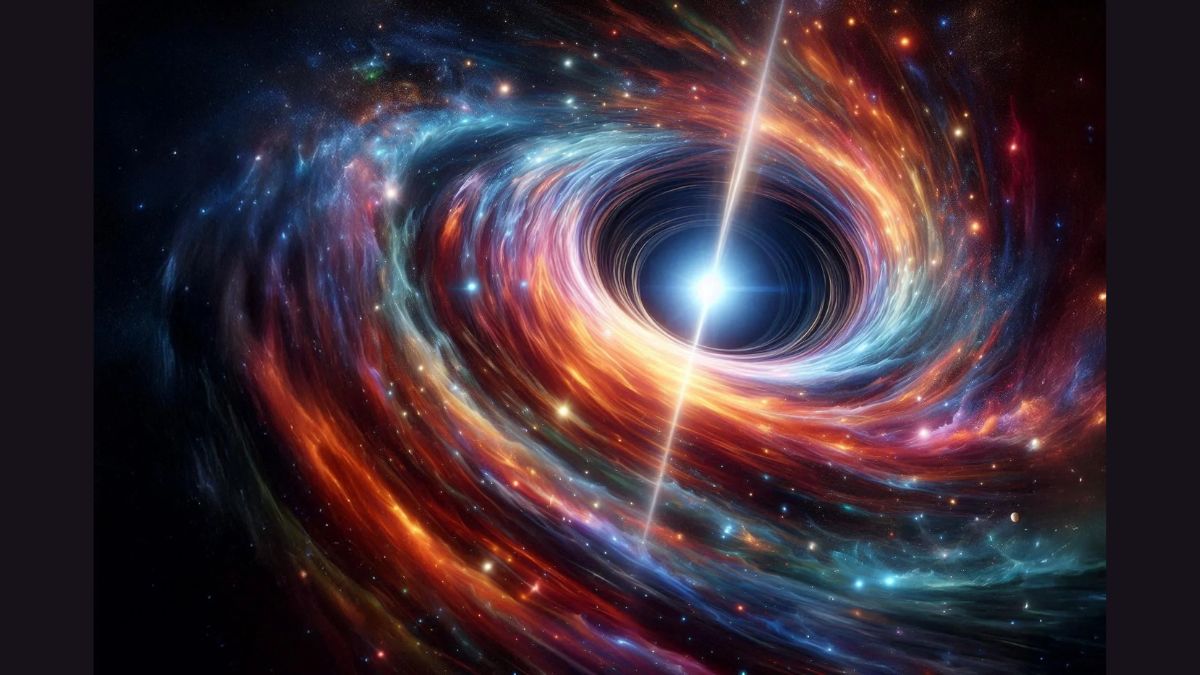A recent attempt to remove with ecosystems – infinitely dense points are considered in the heart of Black Hole – ruled the debate among physicists. Now, a team led by Robbie Henigger of Durham University suggests a new model, with gravity to undergo a different type of behavior on the extremes and replace the black hole’s uniqueness with a small, compact core that is always stable and very strongly curved. The equations of the modified Einstein, representing general relativity, have been normalized, and high-dimensional effects are included. Although the discoveries probably attracted attention to explain an original cosmic contradiction, critics mentioned that the model has no experimental underpining and is based on highly speculative mathematical concepts.
Critics aim of changing black holes uniqueness without proof.
According to a space.com ReportThe principle of Henigger introduces the revised gravity in five dimensions, which some scientists argue that the current is beyond the comments. Nicodem Popalavsky, a physicist at New Heaven University, in the Connecticut, told three things that were standing in front of them: There is no experimental evidence for additional dimensions, the current study only considers a stable black hole interior, and the model uses a physical series of mathematical words that do not have any physical justification.
Poplawski stressed that changing general relativity without experimental evidence makes the model more than a theoretical curiosity than a real physical theory. He also highlighted the fact that black holes should not be stable, according to internal, traditional area equations. He further stated that just the changing equations do not cure physics behind them to get rid of ecosystems; It can only hide it behind complex mathematics.
Henger’s team used revised gravity to deal with PersonaBut scientists say that general relativity and quantum mechanics should be added. Problems with string theory, however, include dimensions that have never been fixed and supersimetric particles have never been detected.
Popalasky said that examining mathematics can be fruitful and also expects bold thoughts, such as the notion that black holes spon new universe, can prove to be beneficial in the future.
